Forest Research publishes Resilient Implementation Framework
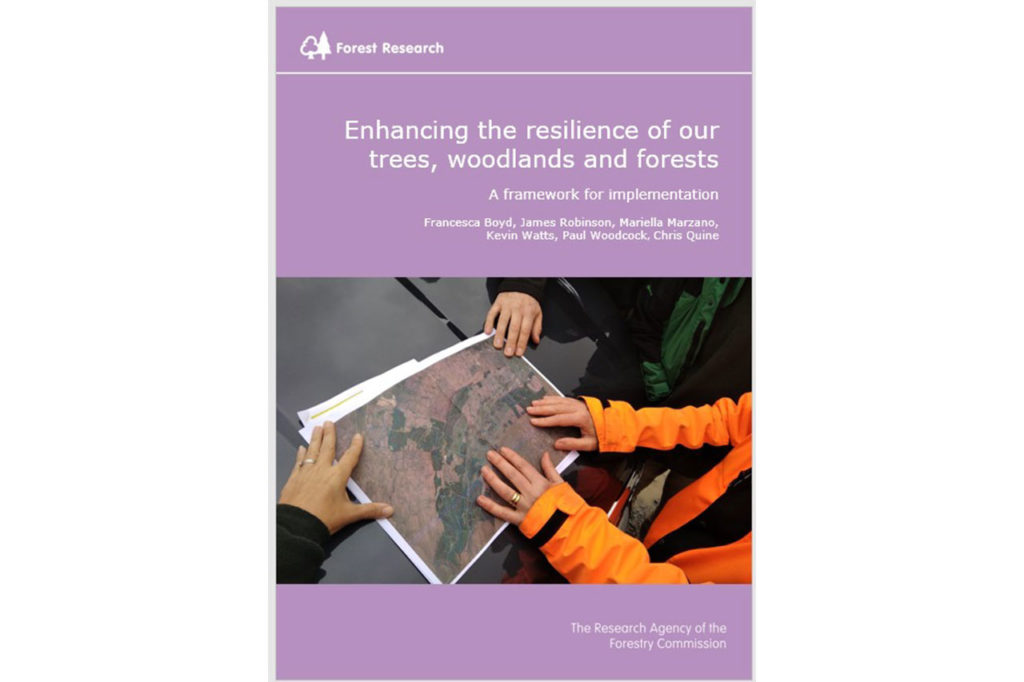
Forest Research have published a Resilience Implementation Framework to provide a structured way to think about resilience and identify management actions. The Resilience Implementation Framework provides a way to achieve a common understanding and identify potential actions for a specific set of circumstances. It is designed to be applicable in different contexts by providing a step […]
New controls to stop the spread of bark beetle tree pest
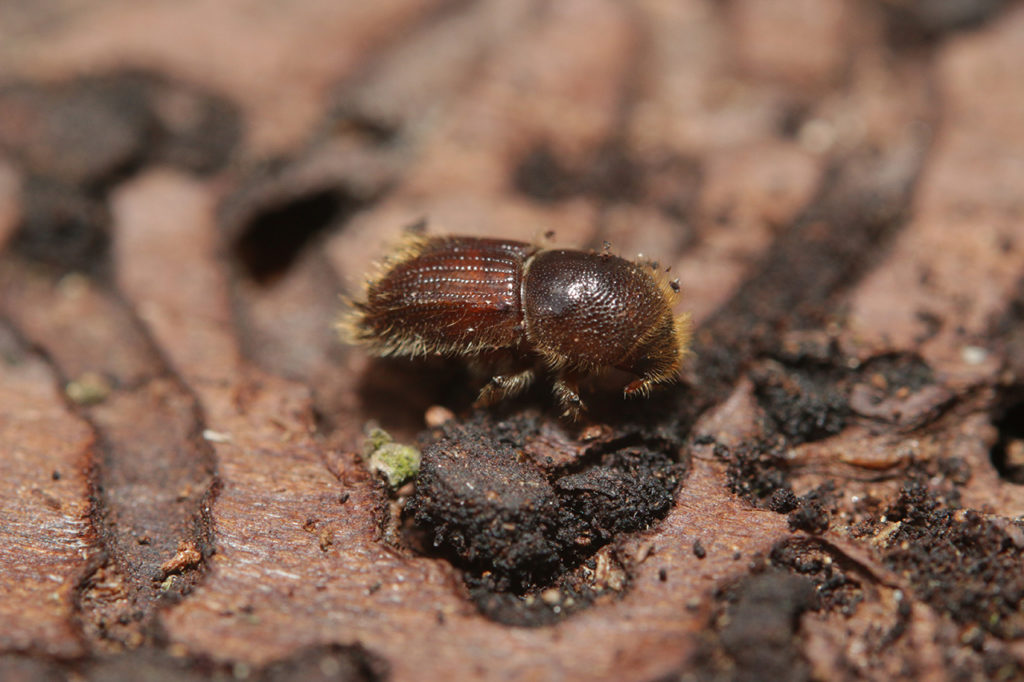
After the eight-toothed spruce bark beetle, Ips typographus, was discovered earlier this year in Kent following routing plant health surveillance, additional measures have been introduced to prevent the spread in Kent and East Sussex. Building on existing restrictions in the area, a new notice will come into force on Wednesday 22 December that includes the […]
Phytophthora pluvialis found in Scotland
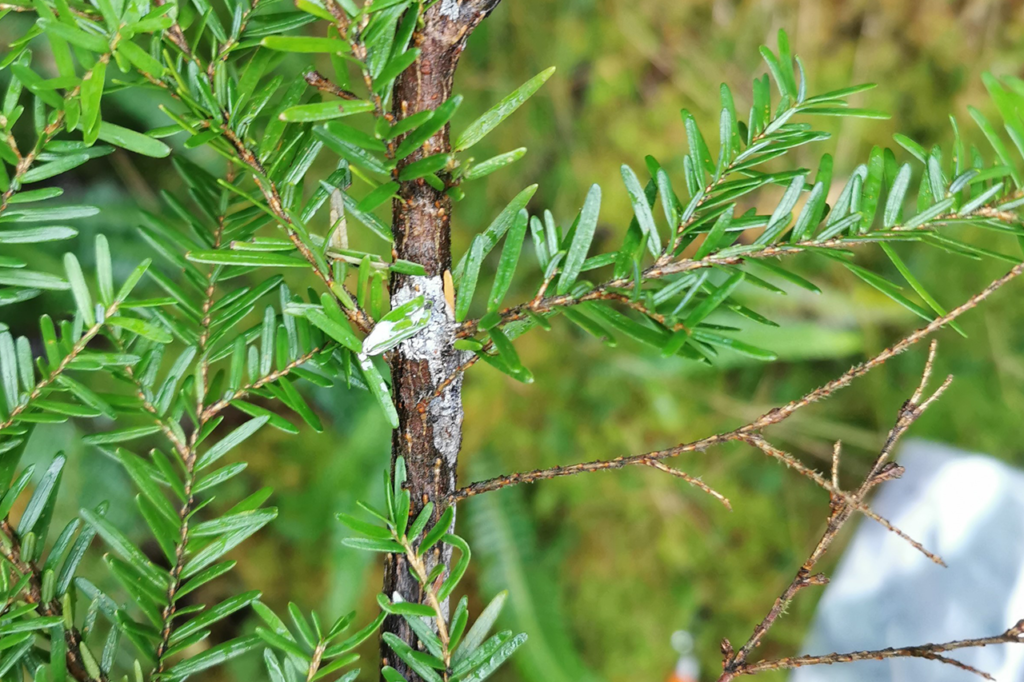
After it was first discovered in the UK in 2021 in South East England on western hemlock and Douglas fir, the fungus-like pathogen Phytophthora pluvialis has more recently been found in Cumbria in England and now near Loch Carron in Scotland. The symptoms include needle cast (where needles turn brown and fall off), shoot dieback, and […]
Policy Roundup – November 2021

Our monthly policy and research blog updates you on the latest work at the Institute and how you can get involved. Institute News Our Position Paper on the Forestry Skills Shortage Last month we launched a campaign on the forestry skills crisis that was covered in October’s Policy Roundup. We want to keep the momentum […]
Phytophthora pluvialis reported in Cornwall

The fungus-like pathogen, Phytophthora pluvialis, was first discovered in Oregon, USA in 2013. It is associated with a variety of species, having been known to affect western hemlock, tanoak, pine and Douglas-fir trees. In September 2021, the pathogen was found in Cornwall where it was affecting mature western hemlock and Douglas-fir trees. Phytophthora pluvialis is […]
New Institute representative for tree health appointed
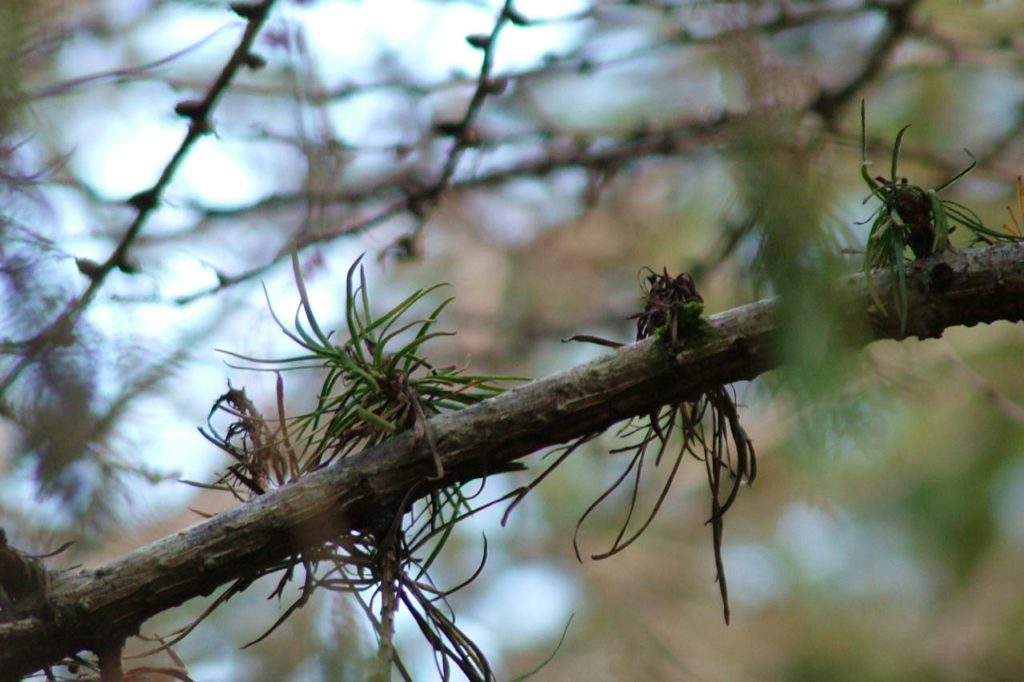
We were delighted to appoint Tom Jenkins FICFor as the ICF representative on the Defra Tree Health Policy Group (THPG) last month. Tom is Head of Forest Research in Wales. Historically there has been little formal communication but the group is engaging more widely and openly and through this we are communicating more with members, […]
Help shape the plant biosecurity strategy for Great Britain
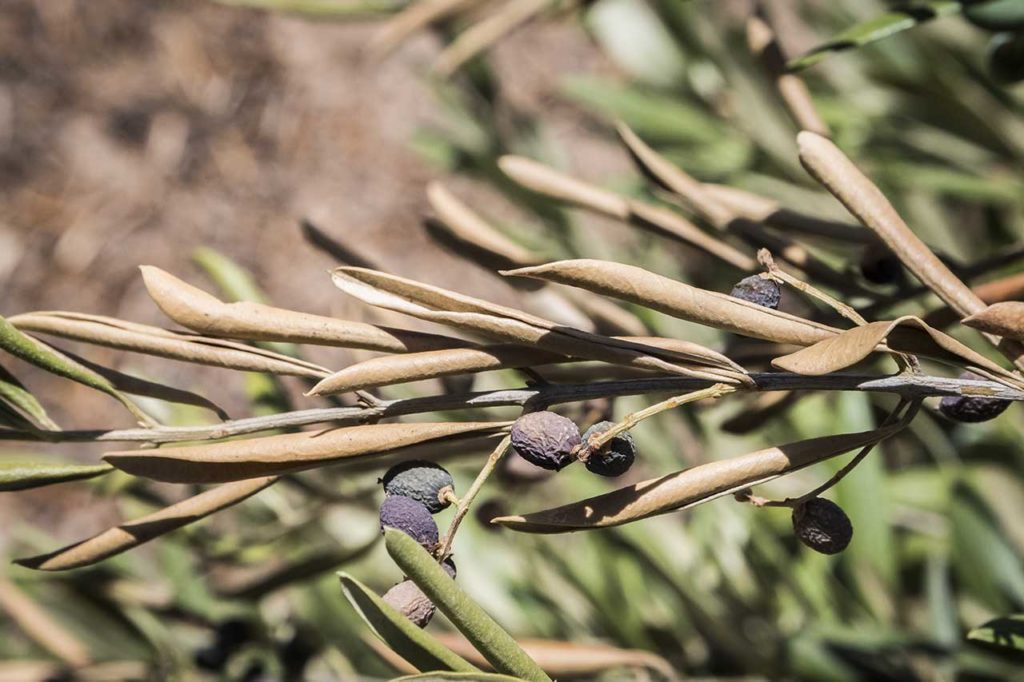
A consultation was launched on 21 September 2021 to inform a new plant biosecurity strategy for Great Britain. This GB-wide consultation is directly relevant to anyone who has an interest in, and responsibility towards, plant health. With increasing pressure on trees and woodlands to mitigate the climate and nature crises, there are also unprecedented threats […]
Defra announce Tree Health pilot

Announced on 31 August, the Government’s Tree Health pilot will support action against pests and diseases in ash, sweet chestnut, larch and spruce trees in England. The findings from the three-year pilot scheme, delivered by the Forestry Commission, will help develop the future Tree Health scheme that is due to launch in 2024. Defra are […]
Report published on alternative conifer tree species in Great Britain
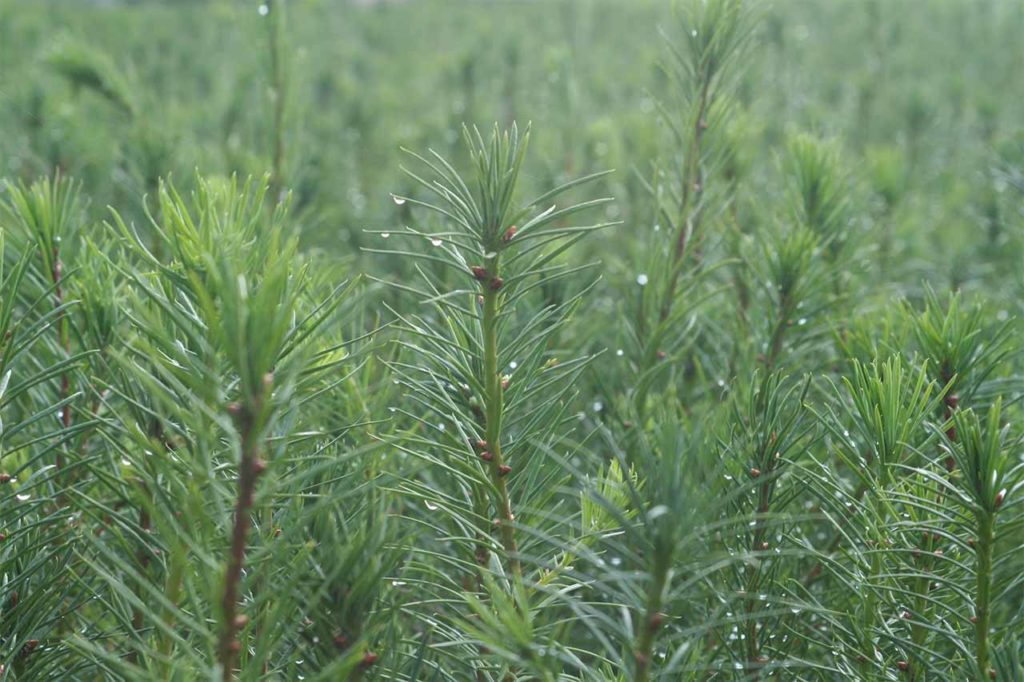
Given the pressure for the diversification of species used in commercial conifer plantations due to pests and pathogens and climate-associated risks, Woodknowledge Wales and Bangor University have published a report that identifies the top five alternatives that are suitable to meet timber utilisation demands of the forestry sector in Great Britain. The report was commissioned […]
Opportunities to represent the Institute – certification and tree health

We are looking for Chartered members to take up two representative roles on sector groups and committees in certification and tree health. You would be a crucial touch point between Institute staff, Council and members and help shape the Institute’s activities in these areas. Please refer to the ICF Representative brief for a general overview, […]

